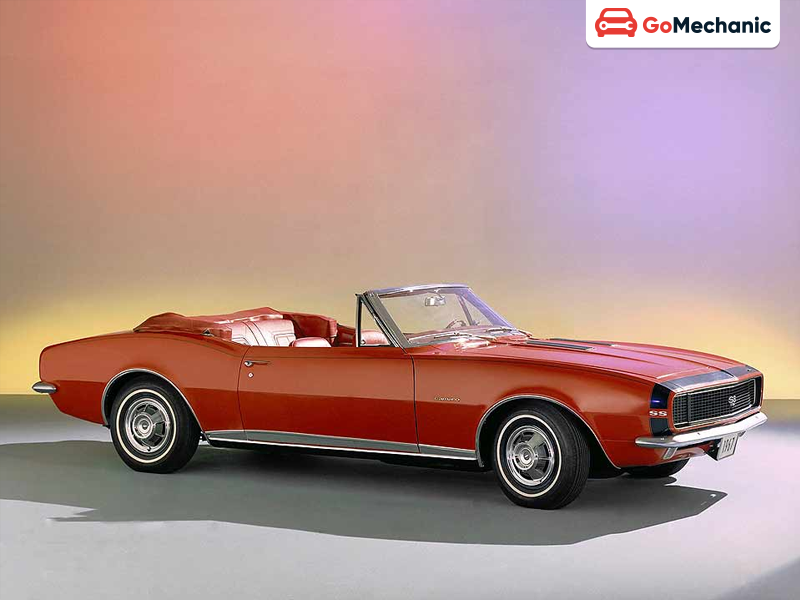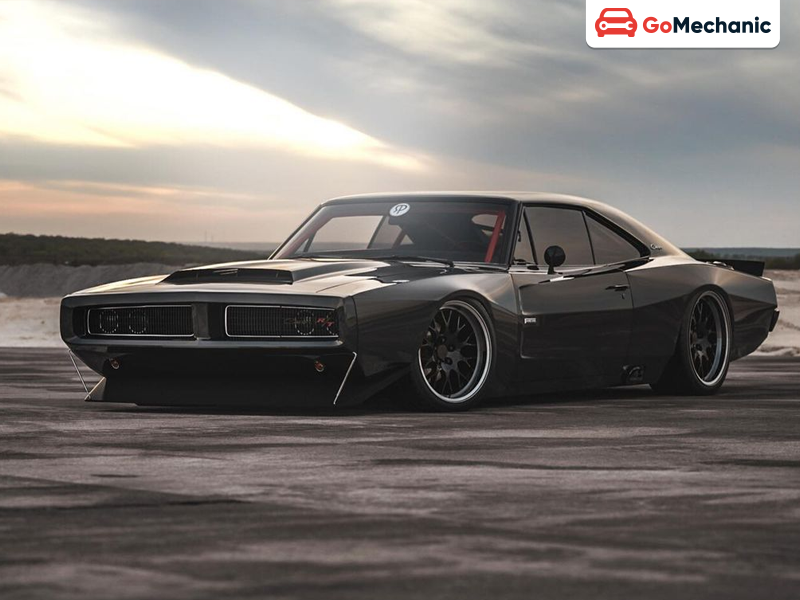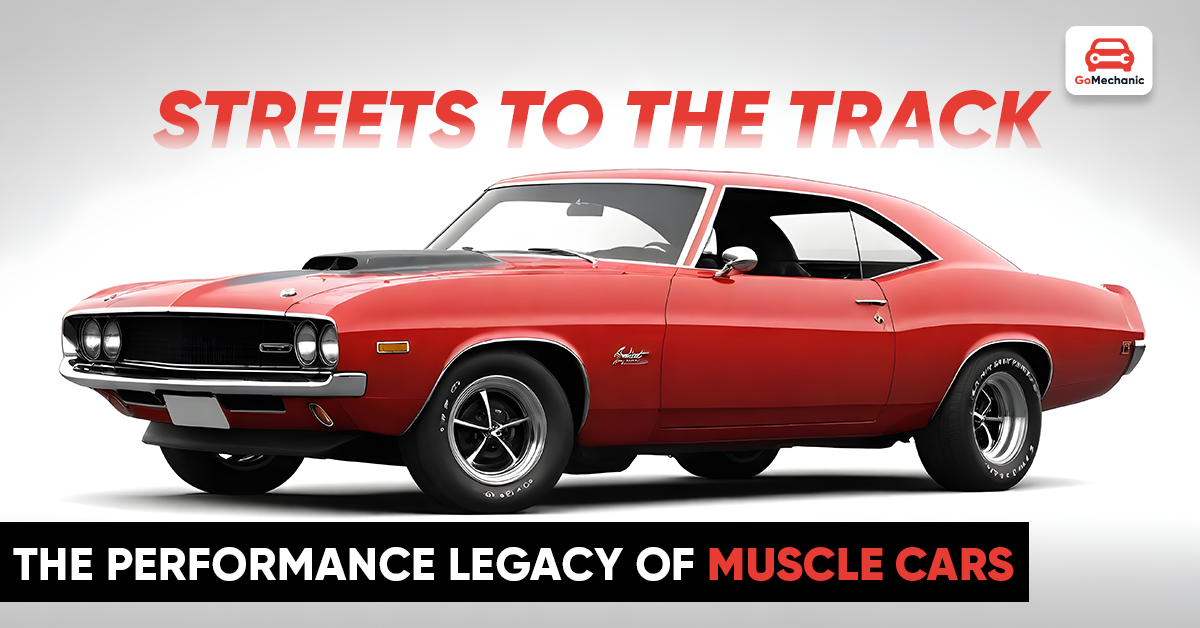Muscle cars have always remained the number one favorite of auto enthusiasts. Their raw power with a unique style sets them apart. Born in the 1960s, these cruisers merged unbelievable high performance with a threatening design that became the signature of a generation in car culture. Here is a short overview of how muscle cars came into prominence, focusing on legendary models such as Camaro, Mustang, and Hellcat.
Mustang
The first Mustang introduction occurred in 1964. That model is credited by the greater automobile world with initiating the “muscle car” campaign of the 1960s and 1970s. Ford introduced it as a “small car,” an economical, sporting automobile with much flair. It was fairly inexpensive and available with a wide range of different engines. Its instant success paved the way for other manufacturers to offer their own versions of this type of car.
The most popular Mustang in 2024 is the Ford Mustang GT Premium. Its specifications are given below:
| Engine | 5.0-liter V8 |
| Transmission | 10-speed automatic OR
6-speed manual (MT82-D4) with rev-matching |
| Power | 480 horsepower |
| torque | 562 nm |
| Price | 37 lakhs to 52 lakhs |
With time, the development of the Ford Mustang continued, with the release of models such as the Boss 302 and the Mach 1 being highly welcomed. The versions were designed to be of high performance with improved engines, as well as suspension systems that would satisfy the needs of racing and casual driving.
Chevrolet Camaro
The Chevrolet Camaro, first introduced in 1966, often gets the nod for the quintessential muscle car. This product of one upmanship to outdo Ford’s Mustang became an icon of high octane driving talent almost as soon as it rolled off the assembly line. A case in point can be seen in how the Chevrolet Camaro earned its reputation through several performance variants such as Z/28 and SS models. These versions were engineered to boast incredible velocity and road handling, ultimately cementing this particular model’s status in the history of muscle cars.

The most popular Camaro is the 2024 Chevrolet Camaro 1LT. Its specifications are given below:
| Engine | 3.6L V6 engine |
| Transmission | 6-speed manual OR
10-speed automatic transmission |
| Power | 335 horsepower |
| torque | 332 nm |
| Price | 20 lakhs to 23 lakhs |
The new ‘sixth’ generation, rejuvenated the Chevrolet Camaro by saluting the rich heritage of the Camaro while blending in aspects of modern engineering and design. The trims associated with it, including the ZL1 version, were very well received. It fits into either track use or normal driving with lots of performance and style in mind.
Hellcat
In the 1990s and early 2000s, interest once more blossomed around muscle cars. The return of high performance models came with the concept revitalization of classic designs. A very good example is the Dodge Hellcat. The 2015 muscle car combines the aggressive styling of its past with upscale technologies and never before seen power. A supercharged HEMI V8 means it puts out over 700 horsepower, which is the apex of performance for today’s muscle cars.

The most popular Hellcat is the 2023 SRT Hellcat Widebody. Its specifications are given below:
| Engine | Supercharged 6.2L HEMI SRT Hellcat V8 |
| Transmission | 8 speed automatic transmission with paddle shifters |
| Power | 797 horsepower |
| Torque | 958 nm |
| Price | 60 lakhs to 78 lakhs |
Conclusion
As we draw this exploration of muscle cars to a close, one thing is crystal clear: their legacy goes far, far past the roar of an engine or the flash of chrome. From their roots on the street to the most prominent place on the track, muscle cars represent a unique blend of spirit, engineering prowess, and cultural influence. Looking ahead, the sustained popularity of the muscle cars will continue to fire up the passion for on road performance by enthusiasts and engineers alike, until the thunderous legacy of these iconic machines is kept alive for years to come.
